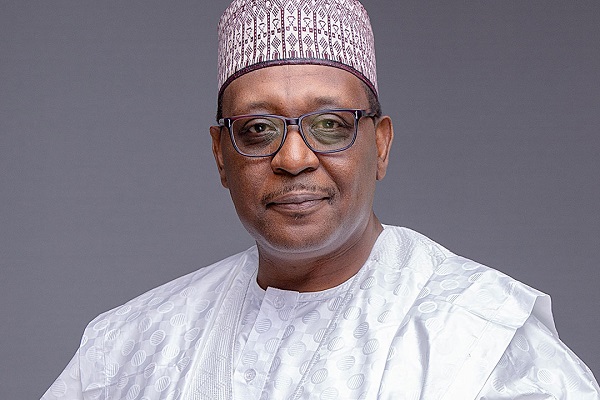
The Federal Government of Nigeria has underscored the transformative power of vaccines, celebrating them as one of the most cost-effective public health interventions that have saved millions of lives worldwide.
This was highlighted by the Minister of Health and Social Welfare, Prof. Ali Pate during the quarterly review meeting of the Northern Traditional Leaders’ Committee on Primary Health Care Service Delivery (NTLC), organised by the National Primary Health Care Development Agency (NPHCDA) in Abuja.
Pate emphasised the critical role vaccines have played in combating diseases, particularly in the face of challenges posed by misinformation and the influence of social media. He noted that although vaccines are universally acknowledged for their safety and efficacy by regulators, misinformation has significantly hindered vaccine uptake in many countries, including Nigeria.
The minister also highlighted the essential role of traditional and religious leaders in dispelling myths and fostering community support for vaccination programs. Reflecting on the successes of the NTLC over the past 15 years, Pate praised their efforts in eradicating polio and increasing vaccine coverage, which has substantially contributed to protecting Nigerian children from life-threatening diseases like cervical cancer.
Looking forward, Pate reiterated the government’s commitment to bolstering local vaccine manufacturing through the Presidential Initiative aimed at unlocking the healthcare value chain. He called for advancements in research, regulatory frameworks and local production of essential medical supplies, including vaccines and pharmaceuticals, to ensure they meet the highest standards of safety and efficacy.
Furthermore, he outlined plans for synchronized immunisation campaigns with neighboring countries, particularly Niger and Chad. Pate urged collaboration from border leaders to ensure successful vaccination drives and prevent the cross-border spread of diseases. He acknowledged the ongoing efforts of partners like the Bill & Melinda Gates Foundation, UNICEF and various local organisations, emphasising the need for continued collaboration and vigilance to maintain and enhance immunisation coverage in Nigeria.
WHO Country Representative to Nigeria, Dr. Walter Kazadi Mulombo echoed the minister’s sentiments, calling for strong commitment and recognition of the significance of immunisation. He stressed the importance of collaborative efforts to achieve these goals.
UNICEF Representative in Nigeria,Ms. Christian Munduate acknowledged the progress made but also recognised that significant work remains to improve health outcomes and reach more children with routine immunisations. Munduate emphasised the crucial role of foundation members and local leaders who are closely connected to communities, stating that their voices and messages are vital for driving progress and change.
Munduate also highlighted UNICEF’s collaboration with WHO, the Bill & Melinda Gates Foundation and the Ministry of Health, pointing to a coordinated effort to address health challenges and enhance immunisation programmes. She noted the strong global commitment to strengthening primary health care systems, with a goal of equipping at least one primary health care facility in each area to better serve the population.
Executive director of the NPHCDA,Dr. Muyi Aina underscored the importance of reliable donor partners in supporting Nigeria’s primary health care system, particularly in areas such as routine immunisation, maternal and child health, and family planning. Aina also highlighted the critical role of the NTLC in advancing public health initiatives, including routine immunisation and efforts to reach chronically missed children.
He praised the vital contributions of traditional leaders in these public health efforts, particularly in hard-to-reach areas, and emphasised the need for their continued engagement in upcoming vaccination campaigns. Aina also addressed the potential impact of recent local government autonomy on the healthcare system, underlining the ongoing collaboration between various government stakeholders to strengthen primary healthcare at the local level.
Aina called for continued collaboration and support from traditional leaders and partners to further advance healthcare initiatives and improve health outcomes across Nigeria. The coordinated efforts between the government, international partners, and local communities are crucial in ensuring the success of these initiatives and safeguarding the health of the nation.

